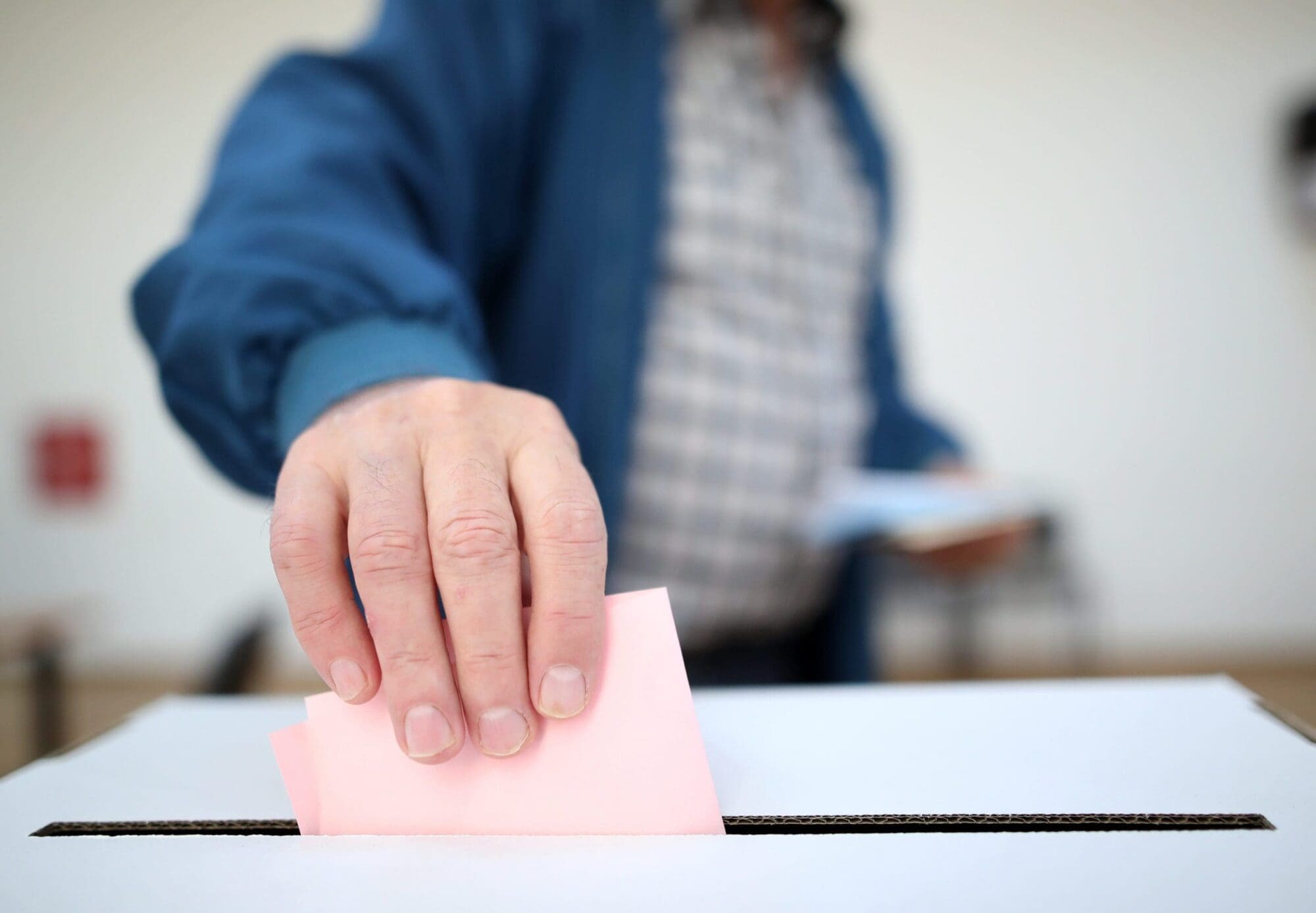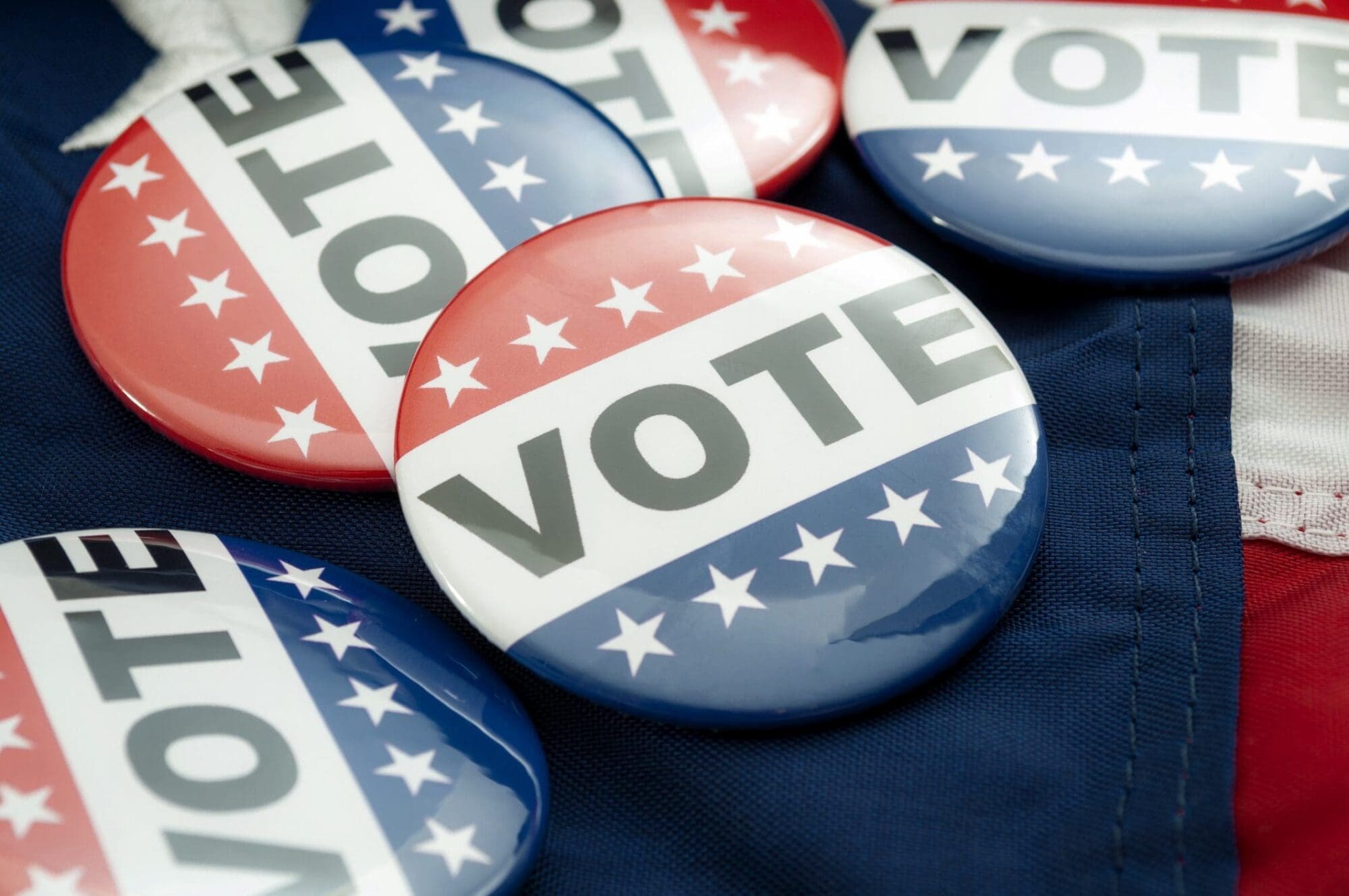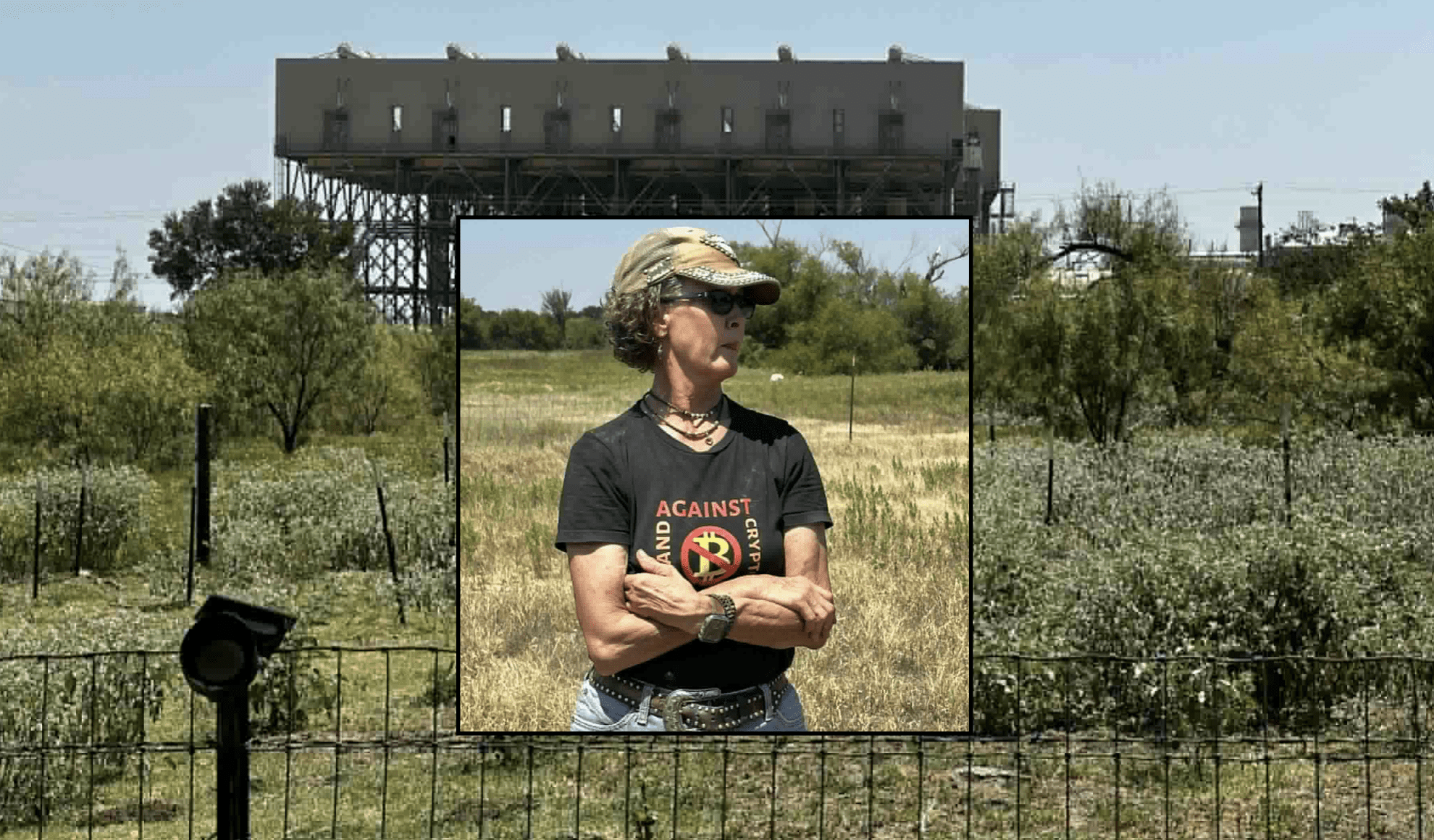Texas Attorney General Ken Paxton announced today his office has formed a new 2021 Election Integrity Unit to ensure the November 2 election is run “transparently and securely.”
In a press statement, Paxton described the unit as a group of agency lawyers, investigators, support staff, and resources specially tasked with monitoring the election and responding to reports of alleged voting law violations.
Paxton said the unit’s primary function is “to serve as a focused resource to both election officials and the public.”
“The foundation of our constitutional republic is a secure and transparent ballot,” Paxton said. “It is why my office remains ever vigilant in defending the integrity of our elections. And it’s why I’m establishing a 2021 Texas Election Integrity Unit to monitor this season’s local elections—which, even though they’re local, must be run in accordance with state law.”
In addition to statewide constitutional amendment propositions, local ballot propositions and officials are on many Texans’ ballots. A special runoff election for Texas House District 118 in Bexar County is also on the ballot.
Paxton’s statement suggested his office would not only continue to “pursue prosecutions for criminals willing to commit election crimes,” but would also hold county elections administrators accountable for “attempts to bend or break the boundaries of lawful practices.”
Early voting in the November 2 election runs October 18-29.
The public can report suspected election code violations to the AG’s office at electionintegrity2021@oag.texas.gov.
Paxton’s office reminded voters they have the right to cast their own ballots without being coerced.
Laws protecting voters from unwanted assistance or coercion—whether at the polls or by mail-ballot harvesters—were strengthened by Texas Republicans’ signature election integrity reform measure: Senate Bill 1, which was passed in August during the second special legislative session.
But a last-minute House amendment to the bill inexplicably weakened the penalties for illegal voting, a collection of voter fraud offenses that includes marking someone else’s ballot without their specific direction, along with other forms of intentional cheating.
When the bill takes effect on December 2, illegal voting will be lowered to a Class A misdemeanor instead of a second-degree felony.
A fix to keep the current felony penalties for voter fraud passed the Senate but died in the House, along with legislation to allow for targeted audits of specific election irregularities.
Paxton said his office is currently prosecuting more than 500 felony election fraud offenses in Texas courts, with another 386 active investigations. Since 2015, his office has resolved 286 prosecutions of criminal election offenses against 76 defendants.
Texas Scorecard has reported on dozens of election fraud investigations and prosecutions, most recently in Medina, Bexar, Limestone, Denton, Starr, and Gregg counties.
In 2018, two contested local elections were overturned due to fraud (in Kleberg County and Kaufman County).
A court overturned a 2018 election in Mission when the contestant proved his opponent engaged in vote-buying and illegal mail-ballot harvesting, but an appeals court reversed that decision, saying the number of illegal votes cast wasn’t proven to be more than the 157-vote margin of victory.
If authorities can catch voting law violations in real time, they can stop cheaters from affecting the outcome of elections.





